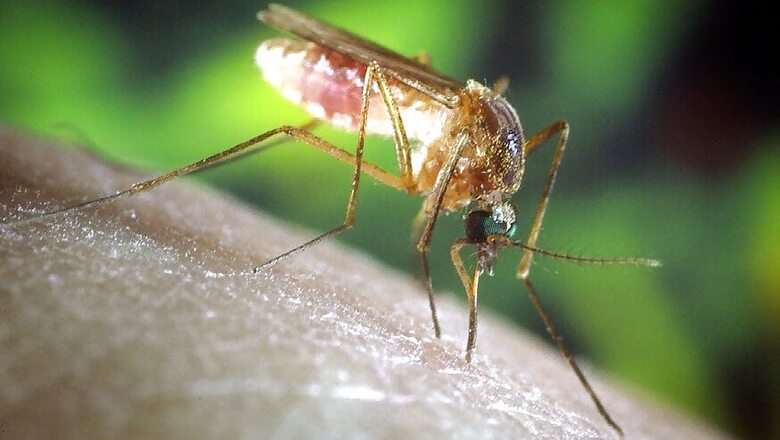
views
An outbreak of deadly brain infection is raising questions whether climate change has affected spread of mosquito-borne diseases. Notably, there have been 31 confirmed cases of Eastern equine encephalitis (EEE), including nine deaths, according to the Centers for Disease Control and prevention, making it the worst outbreak in decades.
According to a report published in Scientific American, numbers released recently show the majority of cases have come out of Massachusetts, with 12 reported cases and three deaths. Michigan follows close behind with nine reported cases and three deaths. The CDC normally reports an average of seven neuroinvasive cases a year.
While the cause of the large outbreak is uncertain, experts are of the opinion that the disease, also known as EEE, is one of many mosquito-borne diseases that could spread as a result of climate change.
Notably, EEE is a rare cause of brain infections, and no vaccination or specific treatment exists.
About 30 per cent of people with EEE suffer and die, according to the CDC, and those who survive often suffer from ongoing neurological problems throughout their lives.
Speaking about the same, CDC spokesman Thomas Skinner said the high number of cases this year is unusual.
Skinner attributed the large number of cases to the distribution of mosquitoes that caused the disease and a number of environmental factors.
According to experts, transmission of the disease depends on mosquitoes that can act as a bridge between infected birds and non-infected humans.
Speaking about the same, Edward Walker, a professor of entomology at Michigan State University, said he believes the important bridge vector mosquito species for the EEE virus is the cattail mosquito.
Normally, the region sees one generation of the species that peaks in mid-July and trails off in numbers by late August.
According to him, the species is either living a very long time, or there is a partial second generation affecting people.
Skinner believes there will likely be fewer cases of EEE once states see a hard freeze, but given the fact that several more weeks of mosquito season are still left, he hopes people will continue protecting themselves from bites and eliminate the possibility of mosquitoes at home.


















Comments
0 comment